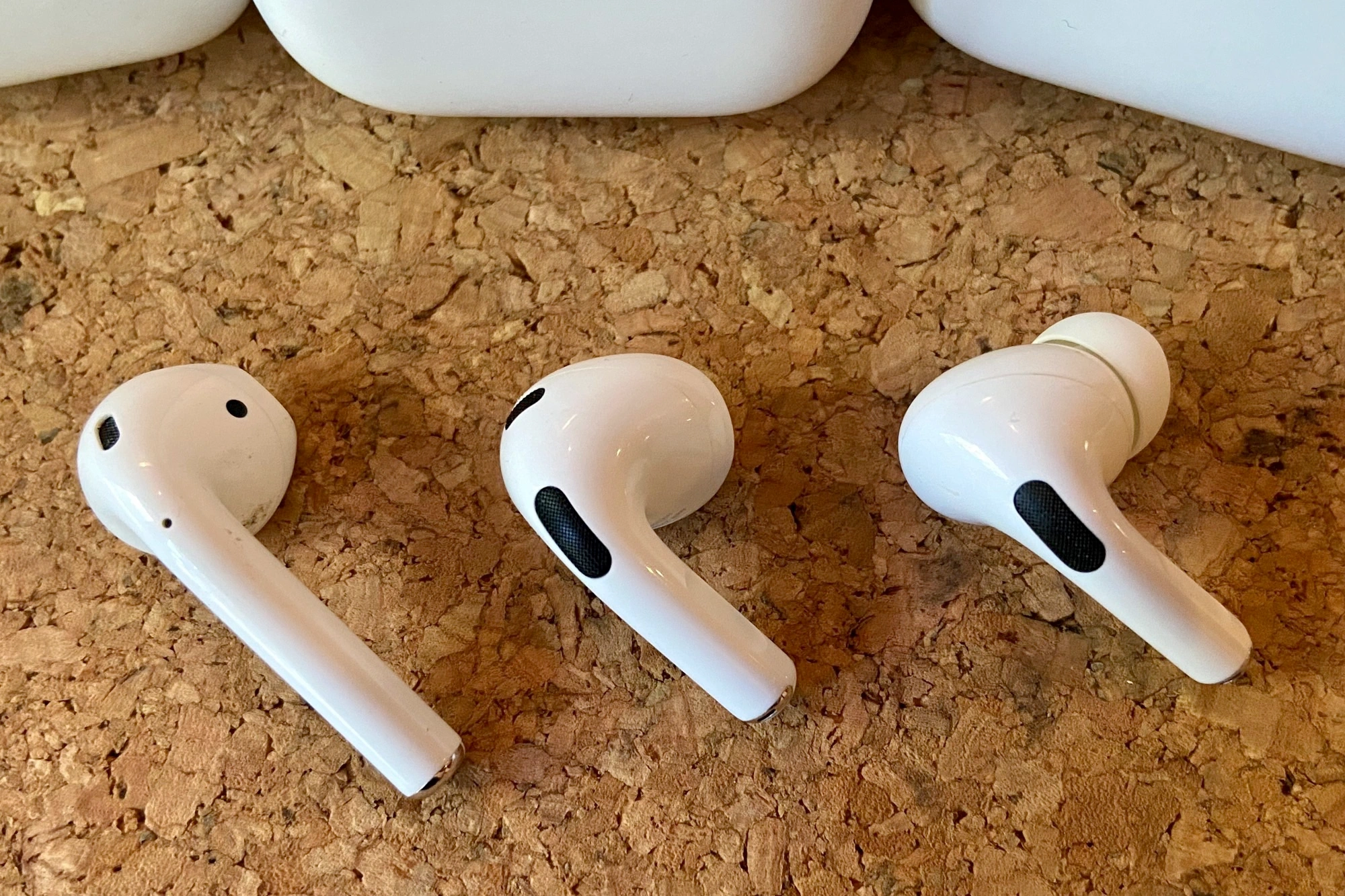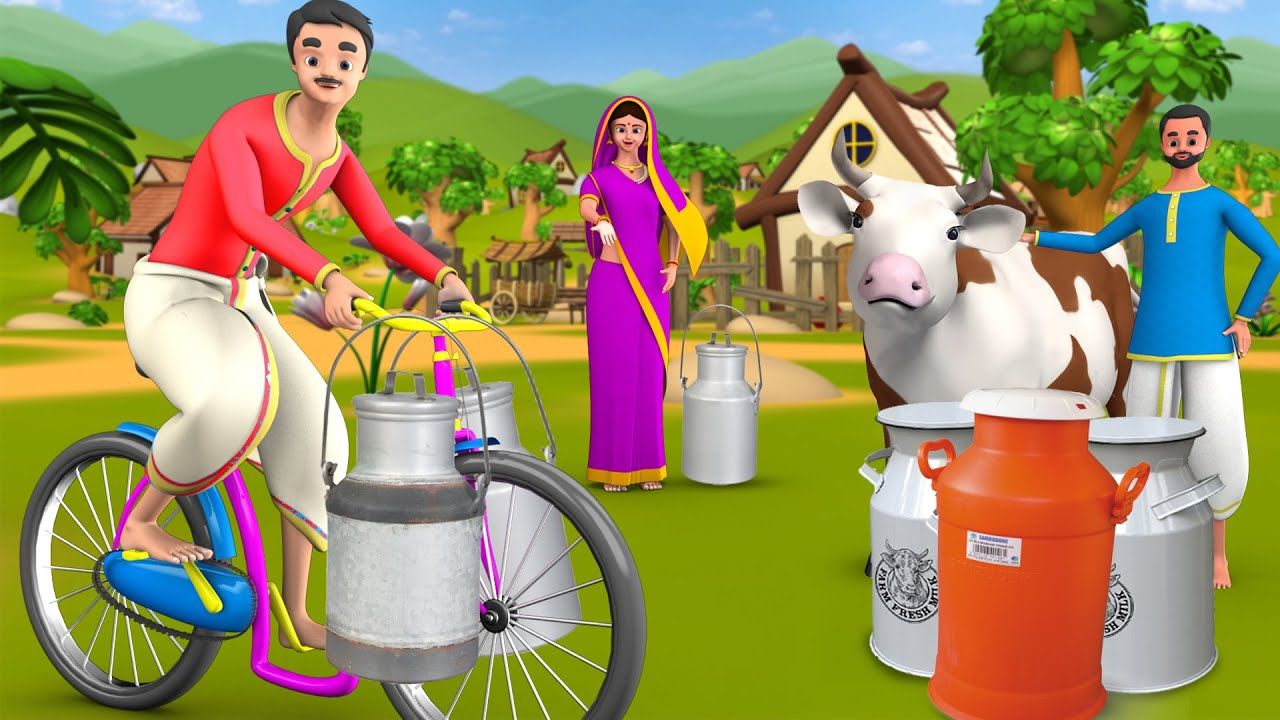We compared data from contributors reporting positive cases in the ZOE COVID Study app in December 2021, when Omicron became dominant, with data from early October, when Delta was the main variant, for our research.
We also validated these findings by evaluating data from a limited sample of participants who were told by the government that their positive PCR results meant they had Omicron infections, either suspected or proven.
In both times, the top five symptoms were:
- runny nose
- headache
- fatigue (mild or severe)
- sneezing
- sore throat
The symptom profile of Delta and Omicron did not differ significantly, with only 50% of participants reporting the usual three signs of fever, cough, or loss of smell or taste.
We’ve noticed that loss of smell and taste has become far less common. It was formerly one of the top ten symptoms in 2021, but today it ranks 17th, with only one in every five persons experiencing it.
These findings are consistent with a small set of data from participants who said their positive PCR results indicated Omicron infections, either suspected or proven.
If the symptoms are mild, why should I worry about Omicron?
While Omicron may feel like a cold to many of us, it can still put patients in the hospital, kill them, or leave them with long-term symptoms that interfere with their daily lives.
Furthermore, because Omicron is far more contagious than Delta, it can spread considerably faster.
When the number of cases is particularly high, a big number of individuals will be forced to isolate themselves at home for days, which is already having a substantial impact on the economy and public services in the United Kingdom and elsewhere.
What can I do to protect myself and others from Omicron?
It’s critical to understand and recognize all of Omicron’s symptoms. COVID symptoms include a sore throat, runny nose, headache, and lethargy.
If you have any symptoms, get tested and isolate yourself until you receive your results. This will aid in the prevention of the disease’s spread.
Consider staying at home and limiting social contact if you live in a region where infection rates are high. Because Omicron is a highly transmissible variation, it’s a good idea to be cautious when socializing.
also, read Omicron: The government extends COVID guidelines until January 31,and states can impose local restrictions.
In detail, our research indicated that those who ate a high-quality, plant-based diet were 10% less likely to get COVID-19 and 40% less likely to get severe COVID-19 that required hospital treatment. Take ZOE’s free quiz to find out how you can improve your health by changing your diet.
Furthermore, it has been discovered that getting completely vaccinated (3 injections of the vaccine for most people) is the greatest approach to prevent people from serious disease and hospitalization, therefore if you have access to immunizations, now is the time to get them.
Another fantastic technique to protect people is to wear a mask in crowded situations. Wearing a mask on public transportation or when mixing with people outside your family is recommended.






















